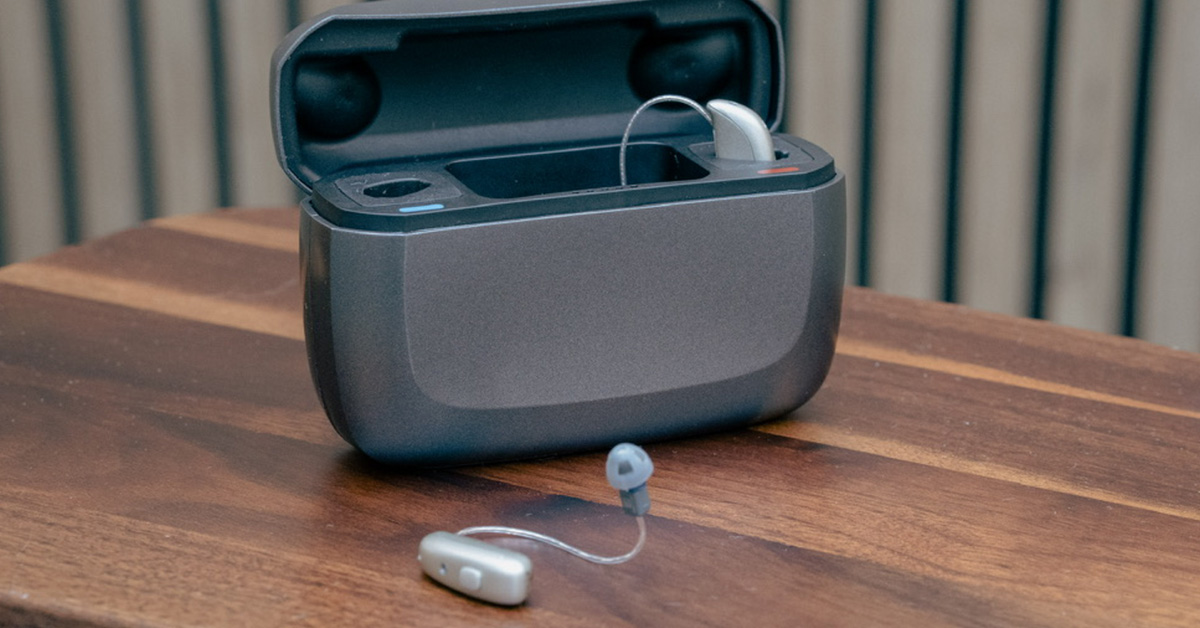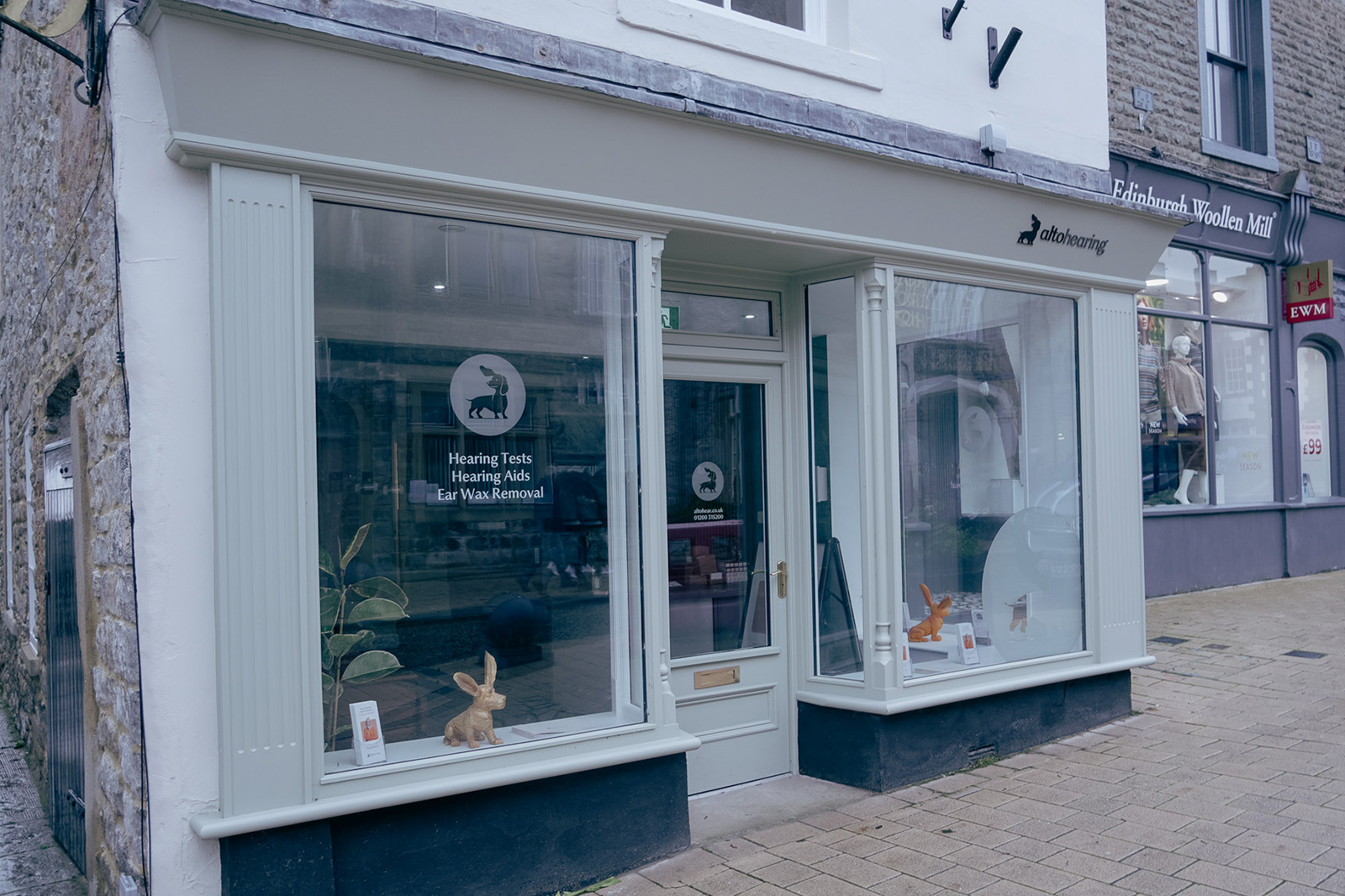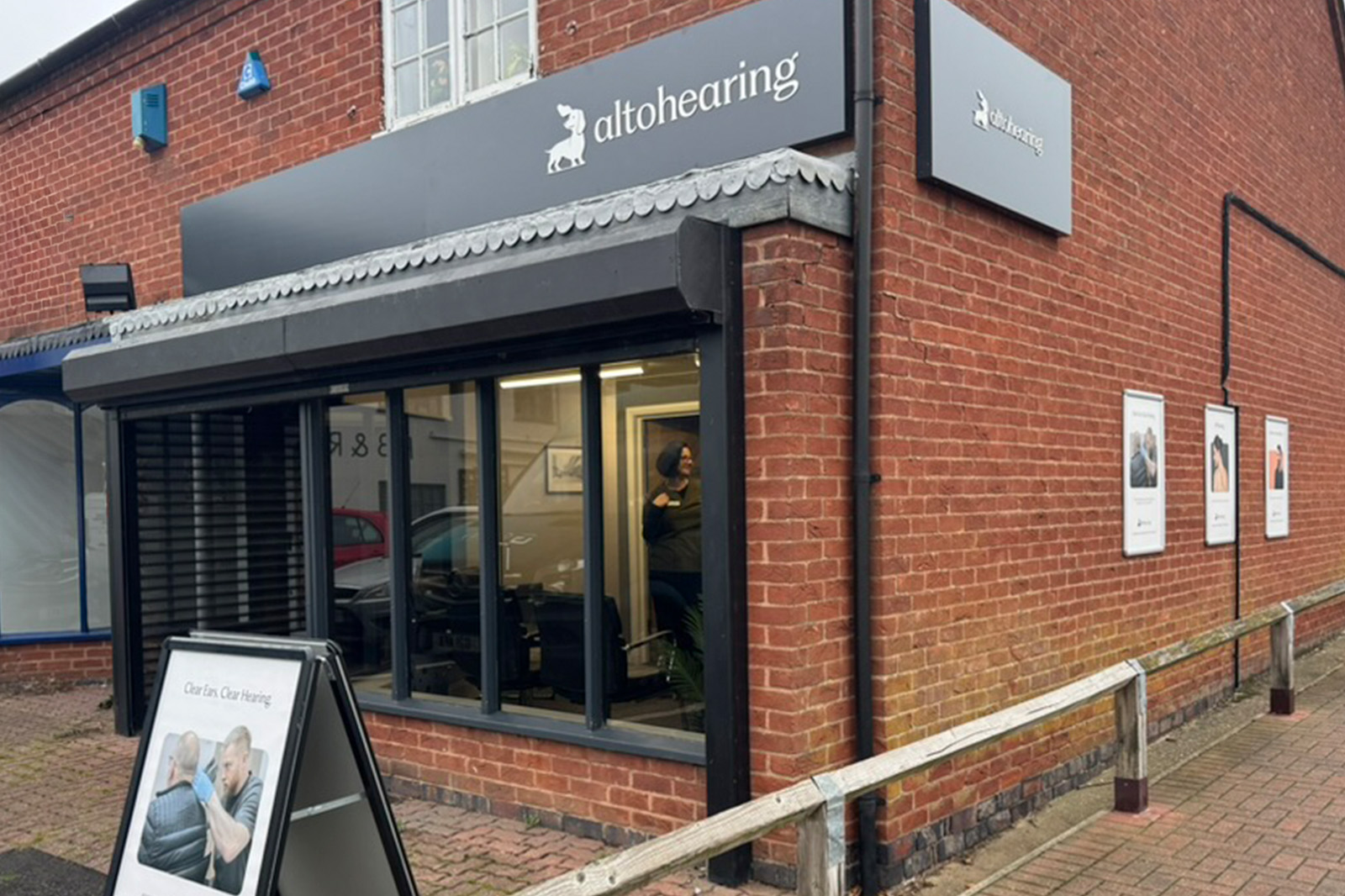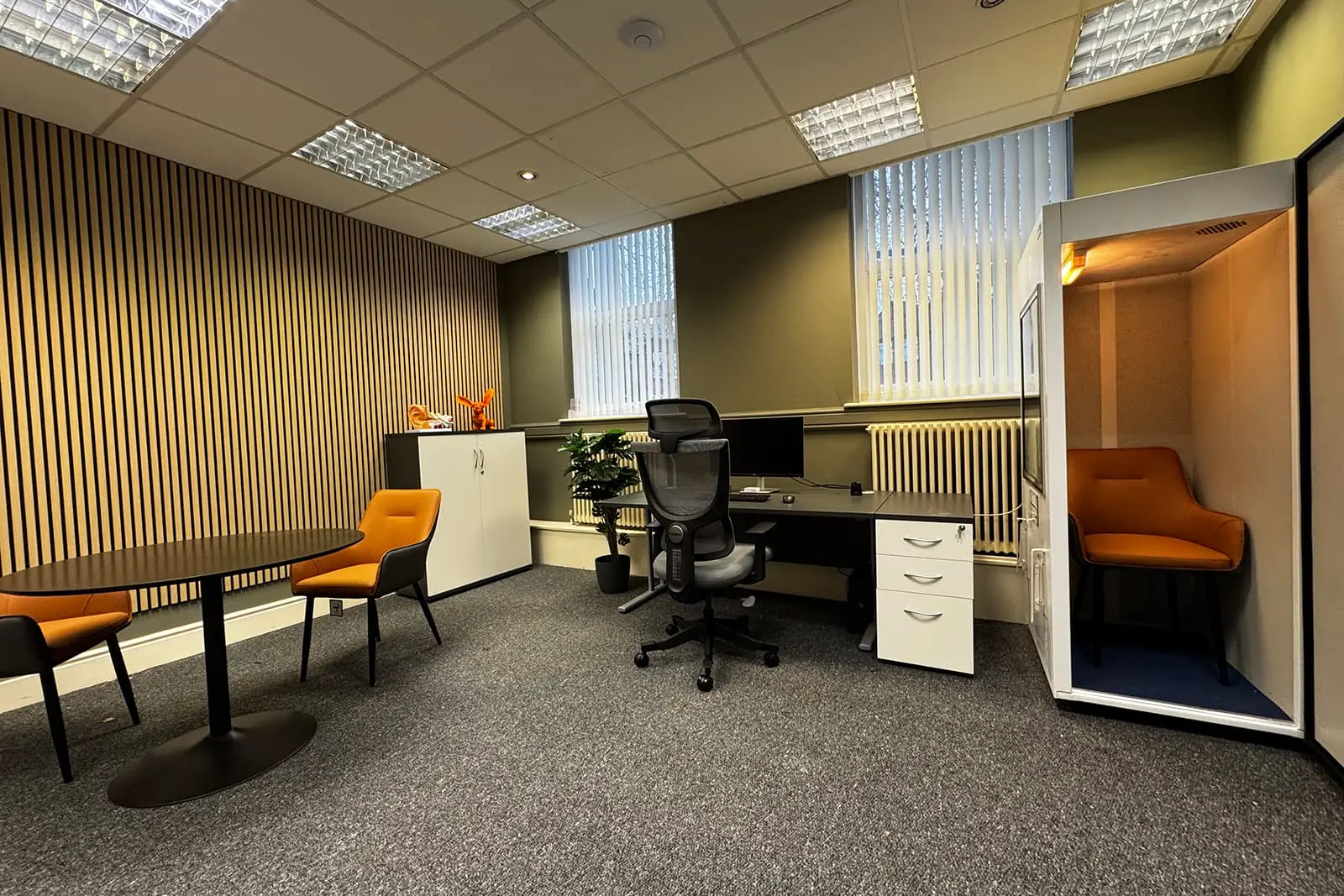What to expect when wearing hearing aids: 10 things people don’t tell you
Thinking about hearing aids? Here is what people don’t tell you. The small surprises, the real adjustments, and why most people say they wish they had done it sooner.
What to expect when wearing hearing aids
Most people imagine hearing aids will make everything louder.
That is true, in a way, but not in the way you think.
Hearing is not just about sound. It is about connection, timing, and belonging.
When you start hearing more clearly, you do not just hear more noise, you hear your world again.
At Alto Hearing, we see this moment every day. People who come in nervous, often reluctant, and leave surprised by how much they were missing.
Not the big things. The small ones. The ones that make life feel normal.

Here are 10 things people don’t tell you about getting your first pair of hearing aids:
The first day feels strange. You will notice every sound and wonder if it should be that loud.
It should. Your brain has been under-stimulated, and now it is trying to make sense of the full picture again.
Give it time. Most people find that after a few days, the noise fades and clarity remains.
They are not an instant switch. They are a reset.
The ears and brain need to rebuild trust in each other. That takes time, and it is different for everyone.
If you let the process unfold, you get better results than if you chase quick fixes.
Most people think louder means clearer. It does not.
Good hearing is about balance, separating what matters from what doesn’t.
That is why fine-tuning matters more than “turning it up.”
Almost everyone says the same thing: “I sound odd.”
That is because you are hearing yourself properly again, through air and bone, not just inside your head.
Give it a few days. You adjust quickly.
Your brain has been working hard to fill in missing sounds for a long time. When hearing improves, that effort shows itself as fatigue.
It is not a setback. It is recovery.
Soon, the energy you were spending on listening becomes energy you can spend on living.
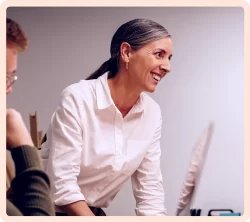
Good hearing is not just about hearing better. It is about feeling part of life again.
You join in. You answer quickly. You laugh at the right time.
That sense of connection is what people miss most — and what they get back.
Great results come from honest conversations.
Tell your audiologist what feels right and what does not.
Hearing care is not a product you buy. It is a process you shape together.
No hearing aid removes every sound, and that is a good thing.
The world is not meant to be silent.
The goal is to help your brain find focus, the voice in front of you, while still sensing what is around you.
Most people worry that hearing aids will make them look old.
What people actually see is engagement, alertness, ease.
They notice you joining in again. They notice you being you.
Almost everyone says this at some point.
They waited, sometimes for years, thinking “I’ll manage.”
Then they hear properly again and realise how much smaller the world had become.
That is the quiet truth about hearing aids: they do not just restore sound. They restore life as you remember it.
Watch: Audiologist on Getting Used to Hearing Aids
In the video below, which comes from our 30 Days to Better Hearing Program, I discuss the process of habituation and the beginning of your hearing aid journey.
Everyday hearing, confidence and care
If you are thinking about hearing aids, take your time. Ask questions.
Good hearing care is not about speed. It is about understanding how sound fits into your life and building comfort around that.
Book a Complete Hearing Assessment and we will take our time to explain everything clearly and help you find what feels right for you.
Frequently asked questions
Most people adapt within a few weeks, but it really depends on the individual. The brain needs time to adjust to new sounds, but it happens naturally.
Not when fitted properly. They are tuned for clarity, not just volume and a good audiologist will adjust the settings to help you adapt.
Yes. Regular fine-tuning keeps comfort and clarity consistent.
Modern hearing aids are small and discreet. People notice your confidence, not your devices.
Author
Written by Adam Bostock, Managing Director, Alto Hearing
Adam leads Alto Hearing, a group of premium hearing clinics built on time, clarity and care. He founded Alto to create a more human, less clinical kind of hearing care, focused on helping people reconnect with the sounds that matter most.
The Latest
Damped ear hook: why there’s a mesh inside your hearing aidDiabetes and hearing loss: the overlooked link, early signs and when to get testedWhen healthcare is hard to hear, people get hurtHearing Aid Insurance: Do You Need It, and What Cover Actually Works?Auracast Explained: 5 Real-World Benefits for Hearing Aid Users

